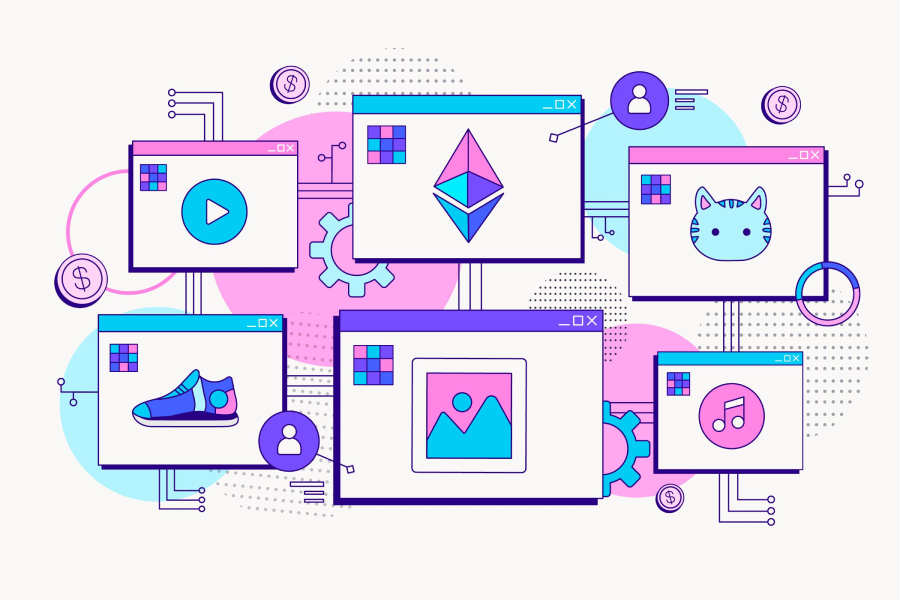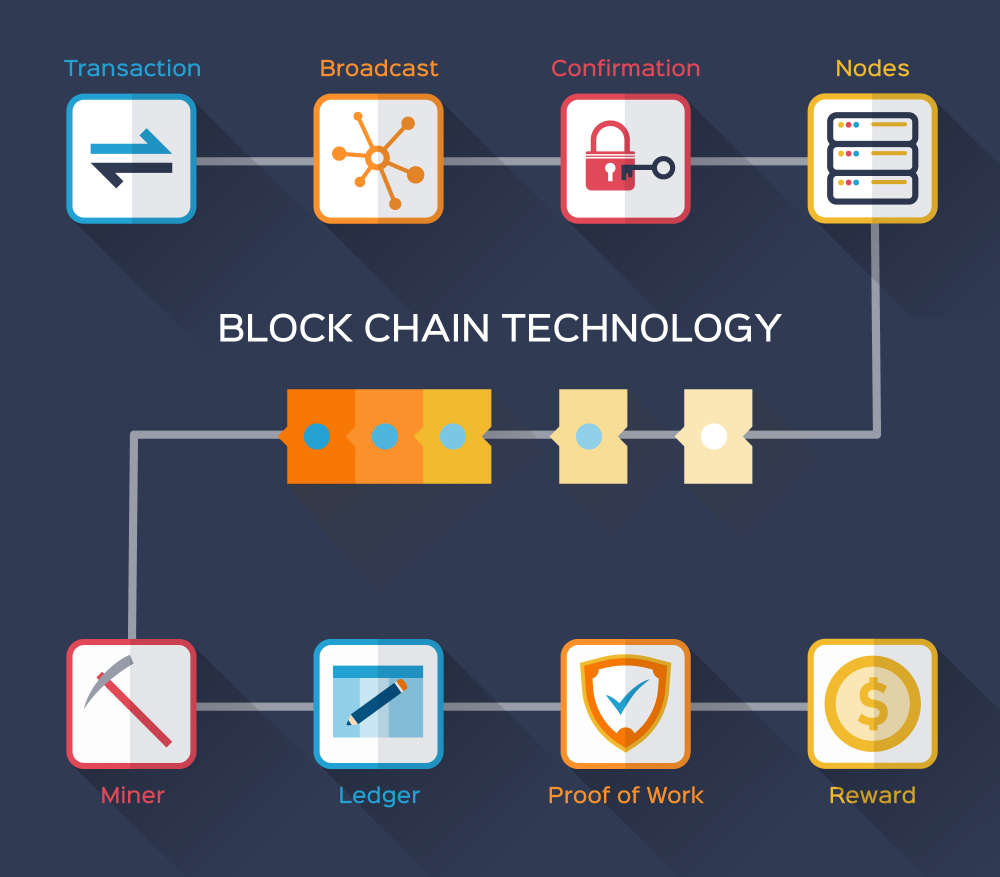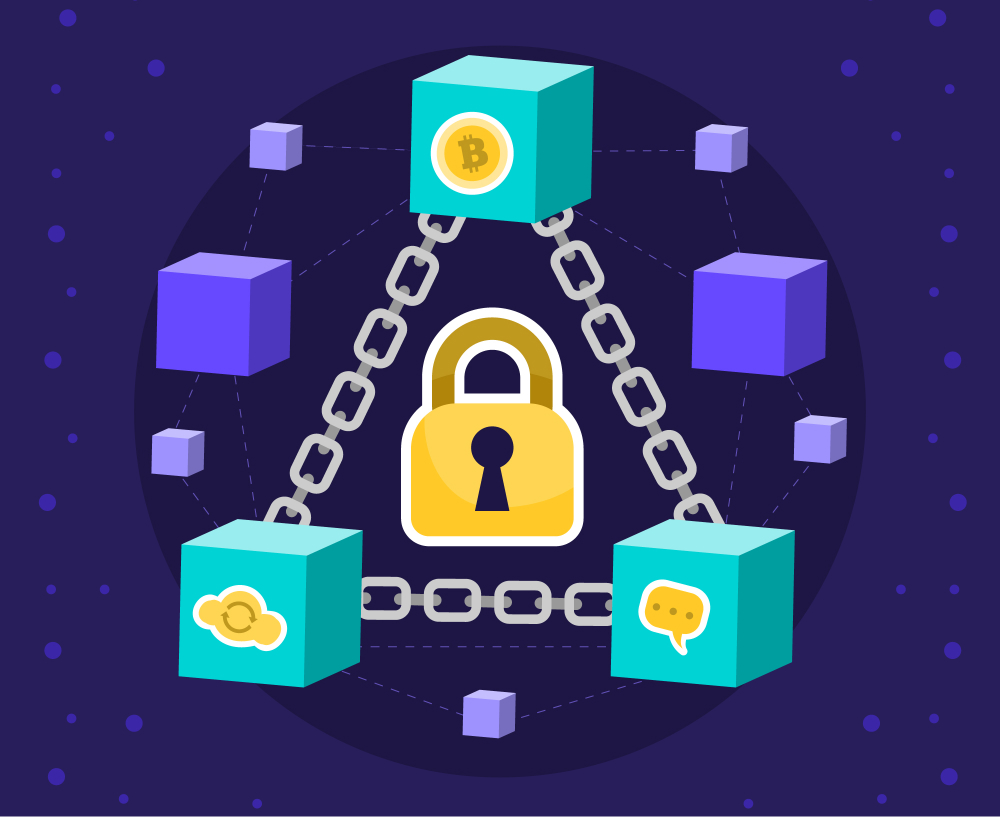
The Impact of Blockchain Technology on Software Development
Have you ever stumbled upon the term 'blockchain technology'? Maybe you've heard it in connection with the rising phenomenon of cryptocurrencies like Bitcoin. Or maybe you're a software developer, curiously examining the potential implications of blockchain on your craft. Either way, this technology holds a significant impact on the landscape of software development. Intrigued yet? Stick around, and we'll unravel the mysteries together.
Overview of Blockchain Technology
Blockchain technology, at its core, is a form of distributed ledger technology. Imagine a vast network of computers (or 'nodes'), each holding a copy of a ledger of transactions. This ledger isn't stored in a central server, but instead, it's distributed across the whole network, making it decentralized. Once recorded, the transactions can't be altered retroactively. But don't let the cryptocurrency hype fool you - blockchain has a plethora of applications beyond just digital currencies.
Brief on Software Development Evolution
Switching gears, let's briefly step into the world of software development. It's a sphere that has undergone colossal transformation over the decades. From the monolithic, low-level programming of the early computing days, we've journeyed towards a more high-level, modular, and agile approach. Rapid application development, continuous integration, and deployment are today's buzzwords. But in this ceaselessly transforming field, the integration of blockchain technology is poised to be a watershed moment.
Need for Studying the Impact of Blockchain in Software Development
But why should we even consider the impact of blockchain in software development? The answer is simple - blockchain presents a potential paradigm shift. It's not just another tool or framework; it's a different way of designing and developing software systems, one that could provide enhanced security, transparency, and decentralization. And it's this transformation that we're going to dive into.

Understanding Blockchain Technology and Its Core Aspects
Blockchain Defined: Beyond Cryptocurrency
While most of us came across blockchain through the world of cryptocurrencies, the technology itself is much more versatile. It's a new way of storing, securing, and verifying data - data that can represent anything from a digital coin to a smart contract, a land title, a vote, or anything else you can digitize.
Key Blockchain Platforms: Ethereum, Hyperledger, and Others
When we talk about implementing blockchain technology, several platforms rise to prominence. Among these, Ethereum and Hyperledger often take the lead. Ethereum, with its built-in smart contract functionality, has been a significant player since it enables developers to create and deploy high-level, application-specific blockchains. On the other hand, Hyperledger is a global, open-source collaborative effort to advance cross-industry blockchain technologies - it's like a hub for open industrial blockchain development. But these platforms represent just the tip of the iceberg!
Deciphering Blockchain Programming: Smart Contracts and DApps
In the blockchain universe, 'smart contracts' and 'DApps' (Decentralized Applications) are transforming the way we approach software development. A smart contract is a self-executing agreement with the terms directly written into lines of code. Imagine automating a contract without needing a third-party enforcer! On the other hand, DApps run on a peer-to-peer network rather than a single computer, pushing the boundaries of what we can achieve with software applications.

The Intersection of Blockchain Technology and Software Development
Integrating Blockchain into Software Development
The integration of blockchain into software development opens up a whole new dimension of possibilities. It's like handing a painter a brand new set of colors - the outcomes are bound to be innovative and transformative. With blockchain, developers can now design systems that offer unprecedented levels of transparency, security, and decentralization, changing the way we interact with software applications.
Decentralized Systems: A New Paradigm for Software Development
The notion of decentralized systems, where no single entity has control, and consensus mechanisms ensure the validity of transactions, brings a paradigm shift in software development. It's a revolutionary approach that stands to tackle issues of trust, data security, and third-party interferences head-on, shaping the next wave of digital solutions.
Blockchain Development Tools: Empowering Software Innovation
To navigate this new landscape, software developers have a host of blockchain development tools at their disposal. From Ethereum's Solidity and Truffle to Hyperledger Composer, these tools are unlocking new frontiers in software innovation, pushing the boundaries of what's possible with decentralized applications and systems.

Detailed Analysis of Blockchain's Impact on Software Development
Blockchain Applications in Various Software Domains
From healthcare to finance, education to logistics, blockchain technology is proving to be a game-changer across various software domains. Be it ensuring traceability in supply chains, enhancing data security in healthcare, or bringing transparency to the education sector, blockchain's potential applications seem limitless, offering promising avenues for software applications of the future.
Case Study: Blockchain for Business Software Solutions
Let's consider a practical scenario. Companies worldwide are harnessing the power of blockchain for business software solutions to streamline processes and enhance trust among participants. Imagine a supply chain management solution built on blockchain - it could provide real-time, transparent, and immutable tracking of goods across the entire supply chain, significantly boosting efficiency and trust.
Advantages of Peer-to-Peer Technology in Software Development
Through its very nature, blockchain promotes a peer-to-peer (P2P) model of communication, bypassing the need for a central authority. In the context of software development, this model paves the way for robust, resilient solutions that can resist single points of failure and offer heightened security and privacy, qualities highly sought after in today's digital age.
The Role of Blockchain in Enhancing Software Security
Understanding Blockchain and Cryptography
Blockchain and cryptography are virtually synonymous - one wouldn't exist without the other. At the heart of blockchain's security is cryptographic algorithms, which ensure the authenticity and immutability of data. Each block of data is linked to the previous one via a cryptographic hash, creating a chain that is virtually impossible to alter, thus adding an extra layer of security in software applications.
Security in Blockchain: Ensuring Trust and Authenticity
Blockchain technology not only ensures data security but also trust and authenticity. It effectively tackles issues like data tampering and third-party interference, thereby enhancing the overall security of software applications. Furthermore, its decentralized nature eliminates single points of failure, resulting in a system that is far more robust and resilient to cyber threats.
Blockchain: A Potential Solution to Software Security Challenges
With its inherent characteristics of transparency, immutability, and decentralization, blockchain emerges as a potential solution to software security challenges. It paves the way for trustless interactions, where parties no longer need to rely on a central authority for validation. Thus, it holds the potential to revolutionize software security, becoming an integral part of the next generation of secure software systems.

Conclusion
Reflecting on the Transformative Power of Blockchain in Software Development
Reflecting on the journey so far, it's clear that blockchain is more than just a disruptive technology. It's a transformative power that is steadily reshaping the landscape of software development, opening up a world of possibilities that were unimaginable just a few years ago. From decentralized systems to smart contracts, from DApps to enhanced security, the impact of blockchain technology on software development is profound and far-reaching.
Future Prospects and Challenges of Blockchain in Software Development
Looking ahead, the integration of blockchain in software development holds promising prospects. As developers continue to explore and exploit its potential, we can expect a new generation of software applications that are more secure, transparent, and decentralized. But it's not all smooth sailing - challenges such as scalability, interoperability, and regulatory uncertainties need addressing. However, one thing is clear - blockchain technology is here to stay, and its impact on software development will be exciting to witness.
References
For those who'd love to dive deeper into this fascinating world of blockchain in software development, check out these resources:
List of Books and Articles Consulted
- "Mastering Blockchain: Deeper insights into decentralization, cryptography, Bitcoin, and popular Blockchain frameworks" by Lorne Lantz
- "Blockchain: Blueprint for a New Economy" by Melanie Swan
Online Resources and Links
- Ethereum Foundation: https://ethereum.org/
- Hyperledger: https://www.hyperledger.org/
 Mark Petrenko
Mark Petrenko 
